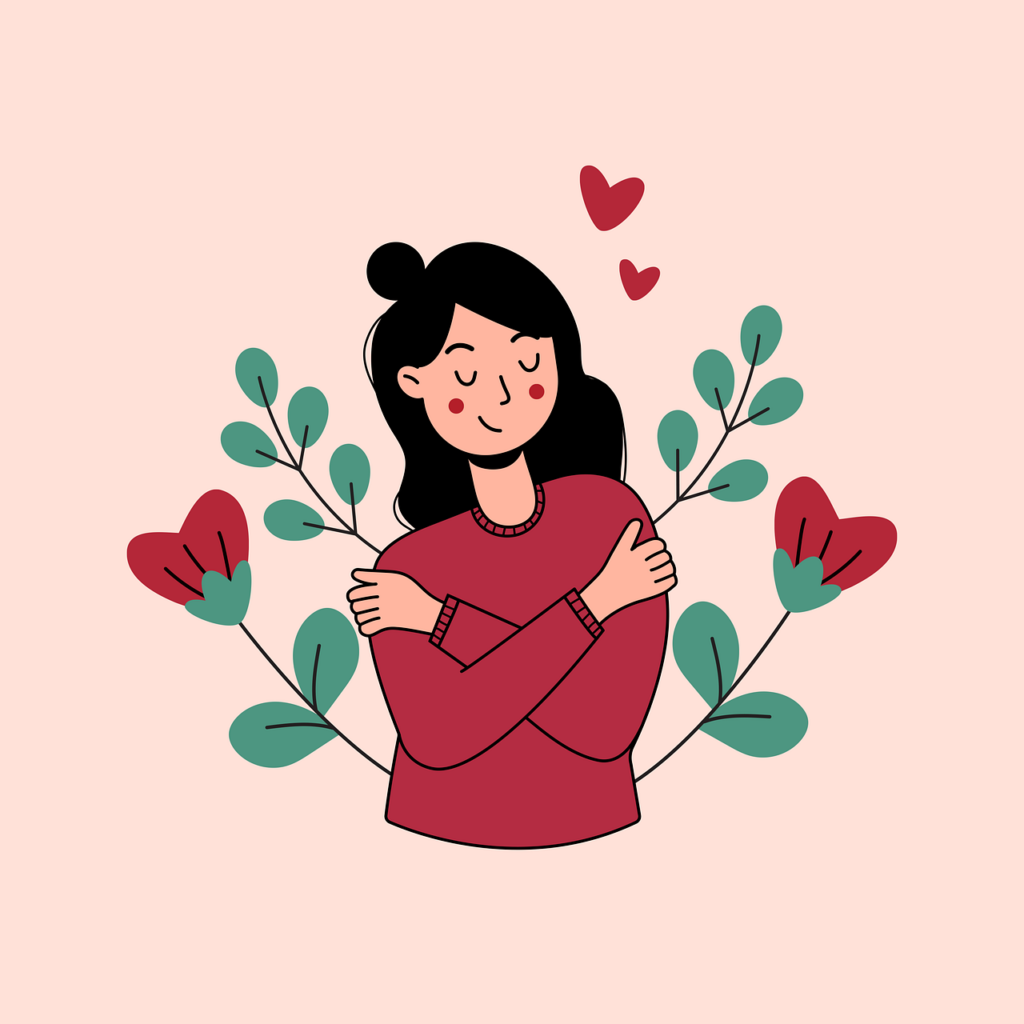I once heard someone compare the journey of self-awareness to being the detective in your own life, uncovering the clues about your behavior and emotions. Watching the ways my teenagers daily grow in understanding themselves, I tend to agree with this detective analogy. Of course, they are fortunate to work with a few other gifted investigators on this case of self-awareness, still they demonstrate a strong shrewdness in this important area of growth; color me rightfully impressed.

There are times when my older teen will lament what she believes to be her lack of life skills in comparison to her peers. In these moments, I almost always ask her to pause, take a deep breath, and consider her words. Together, we break them down, looking first for obvious logic fallacy words, like everyone, always, or never. Even if from that point there is still some validity to her lack of skill in a particular area, I like to remind both teenagers of at least two important truths.
First, a current lack of ability in an area is not a gauge for future competency. All it means is right now, at this moment, that skill is not as strong as it will be, and that’s okay. Second, and this one is the bigger truth for me, is that we have chosen what to focus on in their lives. What I point out often to each of them in any looming crisis moment in which they question their competency or ability as a human being is that the work they’ve been doing to this point is important stuff. In fact, I tell them it is one of the benefits of being autistic—we have chosen to focus on emotional regulation and what pretty much equates to self-awareness and this is something I think all children, tweens, and teens should focus on, not just those of us with neurodiverse brain wiring.
What they don’t see in those moments of what they will at times refer to as existential crisis is how far ahead of the societal curve they actually are at their young ages. Because we have spent a lot of time understanding emotions and emotional triggers, cataloging strengths, and developing coping strategies, these two young women have reached an impressive level of self-understanding.

Do they do as many chores as other teenagers? Probably not. Do they require reminders for daily habits still? Sometimes, yes. Are they forming habits they are not always aware they are forming? Absolutely. Am I worried they will never spread their wings and fly? Absolutely, positively not. The skills they sometimes lament they are lacking are the less complicated ones and I have no doubt they will not only learn those skills, but master them.
What I admire right now is their heightened self-awareness. I love that each of their counselors point out how emotionally intelligent they are and how their understanding of self continues to benefit them. Let’s face it, we all know people who could benefit from counseling (pretty much all of us for one reason or another) and from a deeper understanding of their feelings, desires, habits, strengths, and weaknesses. We admit self-reflection is important, but do we invest in that practice? Do we make time to consider that we actually have what writer Donald Miller refers to as agency, the ability to make our own choices no matter our circumstances?
What my girls are learning, even if they do not use these terms, is how to define who they are and what matters to them. We have invested in this process with them because being autistic in a neurotypical world can feel a bit like visiting a foreign country wherein the language, the culture, the food, everything, feels strange. So we opted to help them understand their emotions and how to regulate them. We have chosen to empower them. And now, I am watching them crack the case of themselves and I couldn’t be more impressed with who they are becoming as a result.
